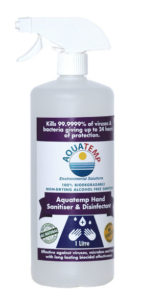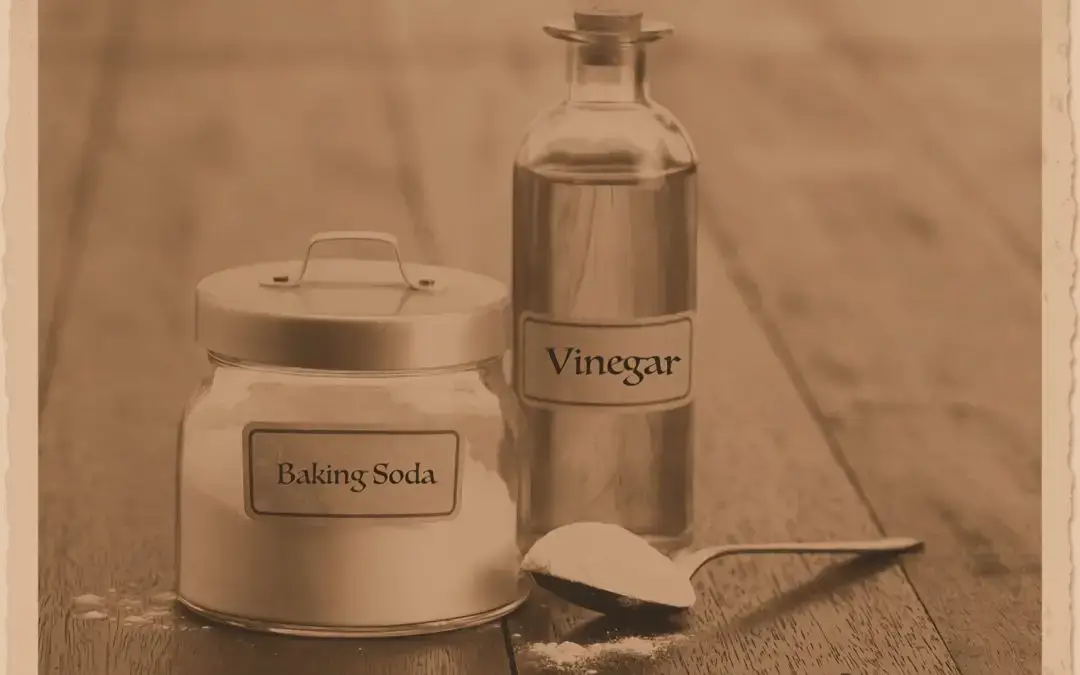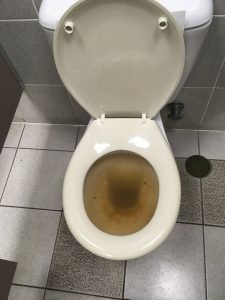
COVID-19 Update as Whywait Plumbing Remains Open
Despite everything that is happening with the Coronavirus / COVID-19 pandemic emergency as your local Gold Coast Plumber Whywait Plumbing will continue to be available 24/7 to service your plumbing, drainage and gas needs. The current Queensland Government health directives advise that the plumbing industry is an essential service. This means our plumbers are exempt from the two-person rule when entering homes or private premises provided the appropriate social distancing and hygiene requirements are adhered to.
To ensure the safety of our clients, staff and the general public we are making changes to the way we serve our clients. This ensures we can still attend to your problems while focusing on making the correct choices to keep everyone safe.
Read the information below which details out everything you need to know how Whywait Plumbing will ensure your critical plumbing infrastructure remains fully functioning.
Whywait is still here for you 24/7
Whywait Plumbing Services has been trusted by thousands of Gold Coast homeowners, landlords and business owners since 1976 to maintain their plumbing, drainage and gas infrastructure. We believe that now more than ever we need to be there for you 24/7.
As your trusted Gold Coast Plumber we guarantee to continue to be available to keep you safe and ensure your plumbing is functioning to the highest standards.
We assure you we have increased our precautionary measures to protect you and minimise any risk of spreading COVID-19. We continue to adhere to all advice from the official Australian Government health website and are monitoring the situation to ensure we take all practical steps to protect our clients and staff.
Working with Whywait Plumbing during COVID-19
Increased hygiene practice
 In accordance with the advice provided by the Australian Government and the Master Plumbers & Mechanical Services Association of Australia (MPMSAA), we have implemented additional policies and hygiene practices to protect you and our plumbers.
In accordance with the advice provided by the Australian Government and the Master Plumbers & Mechanical Services Association of Australia (MPMSAA), we have implemented additional policies and hygiene practices to protect you and our plumbers.
- we are continually ensuring our plumbers are fit and healthy and we are taking all precautions to ensure their health and safety
- we are following the latest advisories from the Australian Government and MPMSAA
- we are following social distancing requirements
- we are not shaking hands
- our plumbers are wearing disposable gloves and are disposing of them when they have completed their work for you
- our plumbers are equipped with Enzyme Wizard cleaning products to wipe down tool, equipment and work areas while undertaking your work
- our cleaners are equipped with Aquatemp Hand Sanitiser & Disinfectant to keep their hands clean at all times
- our company vehicles are kept clean at all times with Aquatemp Surface Sanitiser & Disinfectant cleaning product
What to expect when you call us to book a job
It is now our policy when booking all jobs that you provide us credit card details to secure the booking because as recommended by the Government, we ask that you make a pre-payment over the phone so that no physical exchange of money has to occur. If you can only pay with cash we will be handling all transactions using gloves and practising social distancing.
We will now ask you a number of health-related questions when you call us to keep everyone safe which may include:
- Have you, or anyone in your household tested positive for COVID-19, or are awaiting test results?
- Do you fall into a category where you are self-isolating for COVID-19?
- Do you, or anyone living in your household have any flu-like symptoms, a fever, cough, or shortness of breath?
Depending on the answers you provided, we will discuss with you on the best way forward to support solving your plumbing problems.
After we have booked your job if you start to develop flu-like symptoms such as coughing, sneezing, fever or shortness of breath, please call us immediately on (07) 5580 4311 so we can help to manage your appointment.
What to expect when a Whywait employee is at your home or business
Upon arrival, our plumbers may be asking the same health questions asked at the time of your booking. This is to ensure your circumstances have not changed. Plus we guarantee they will be following our increased hygiene practices.
While undertaking any work, they will inform you exactly what they will do before they start and will clean all surfaces they touch with Enzyme Wizard cleaning products.
Thank you for your ongoing support and your understanding
You can be certain that we have your best interest in mind during these uncertain times and we are endeavouring to continue to provide the great service that Whywait Plumbing is renowned for as your Gold Coast Plumber.












